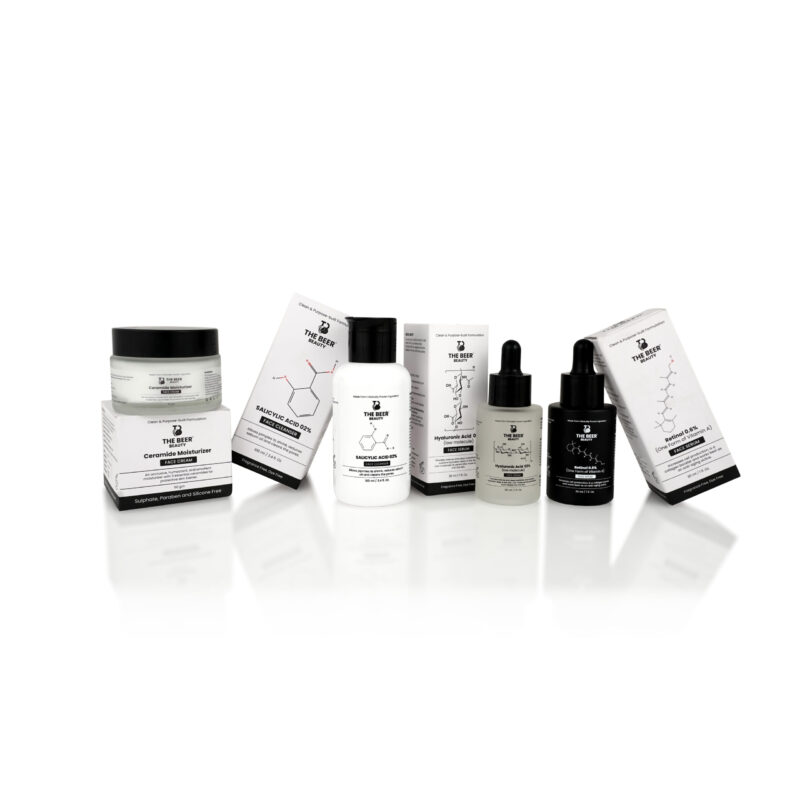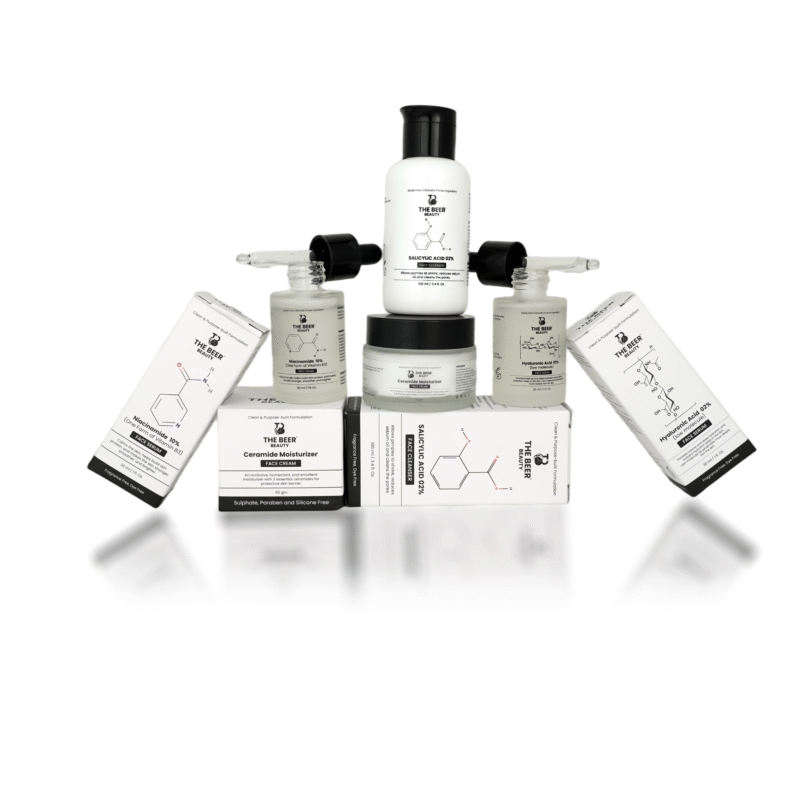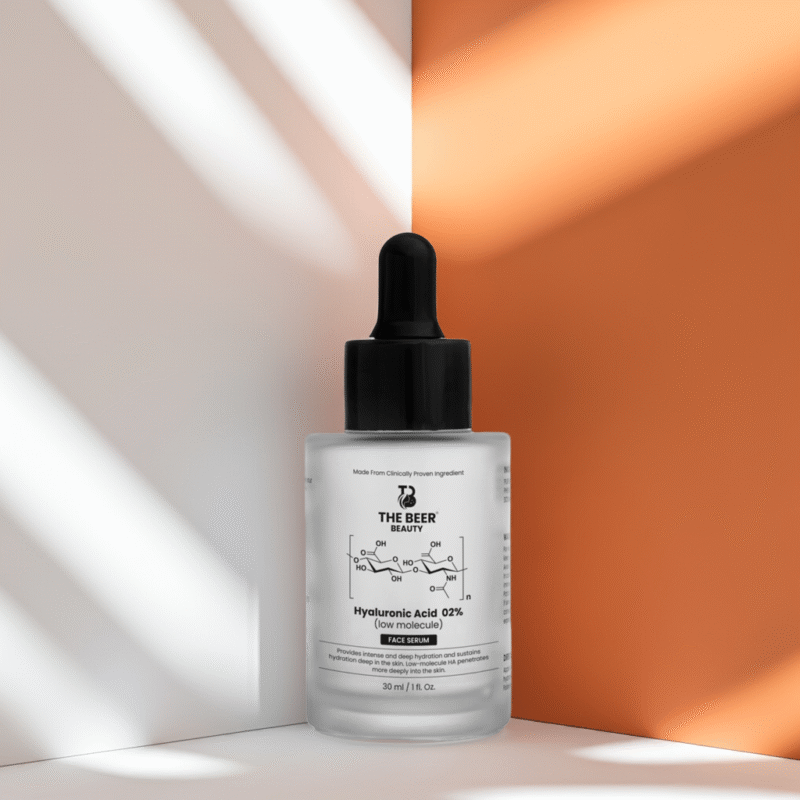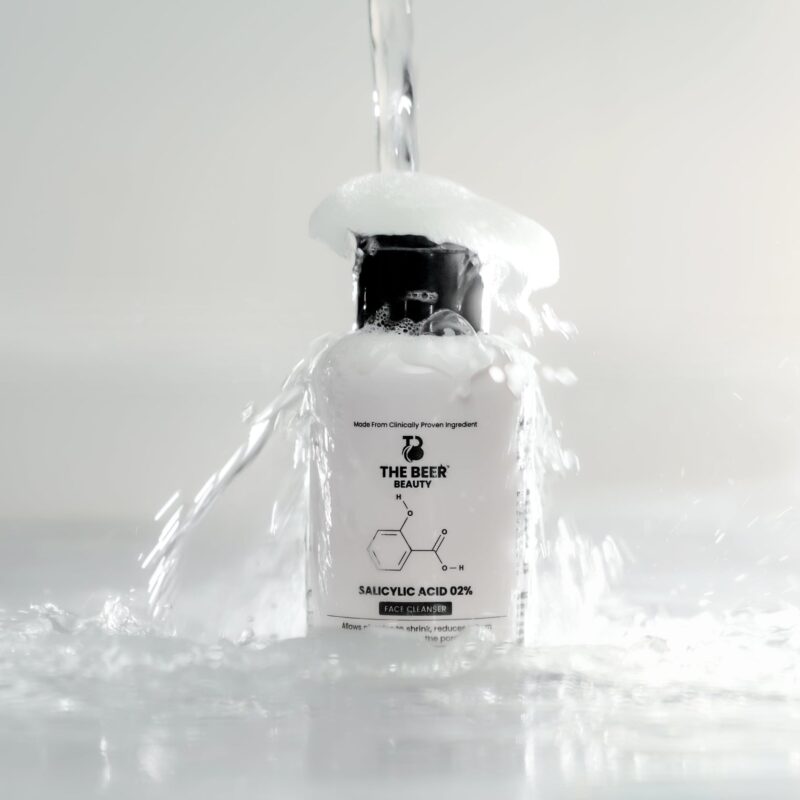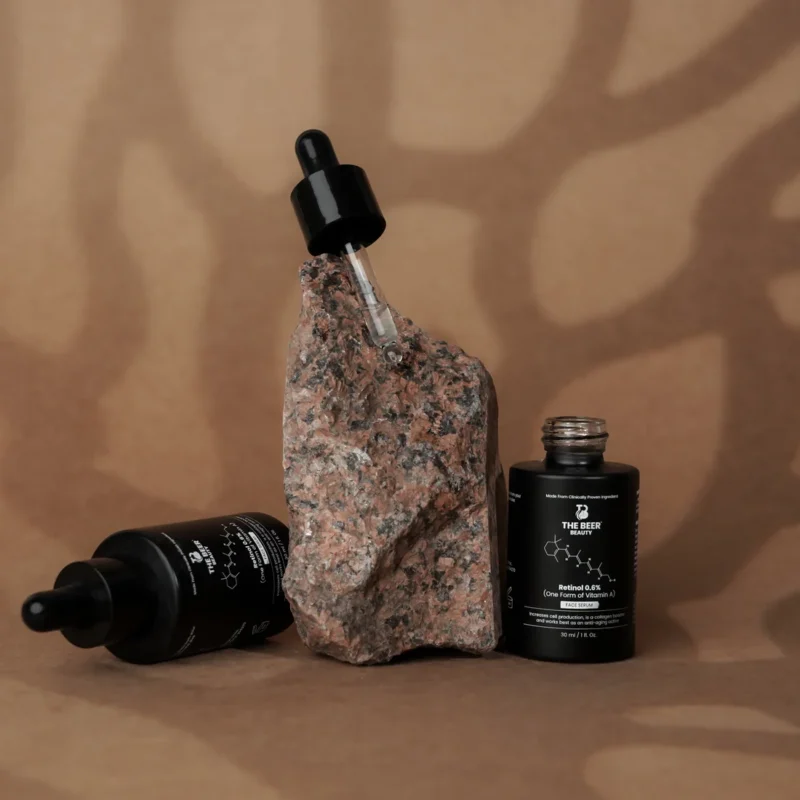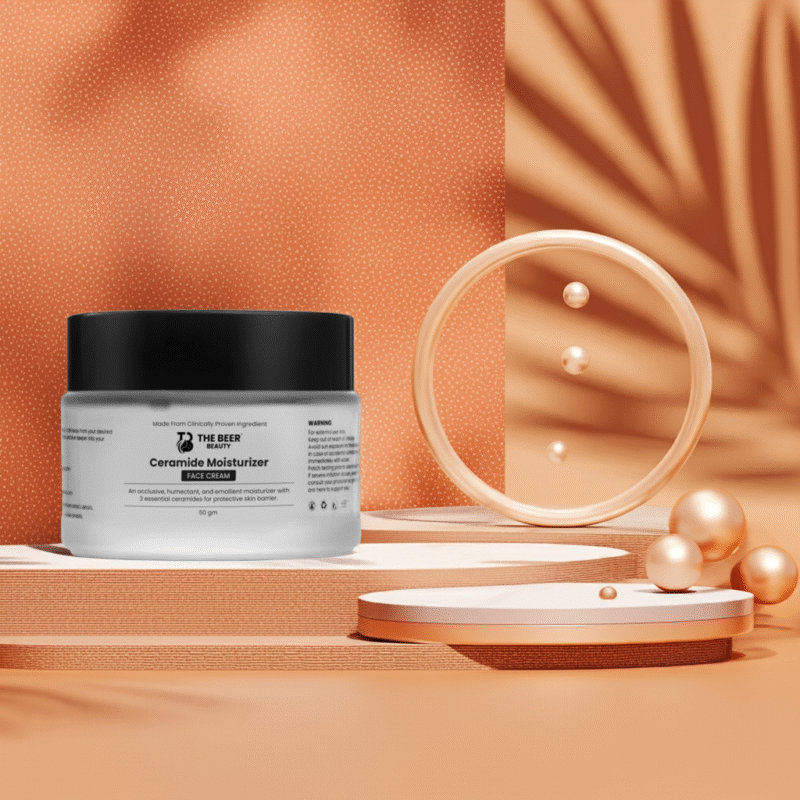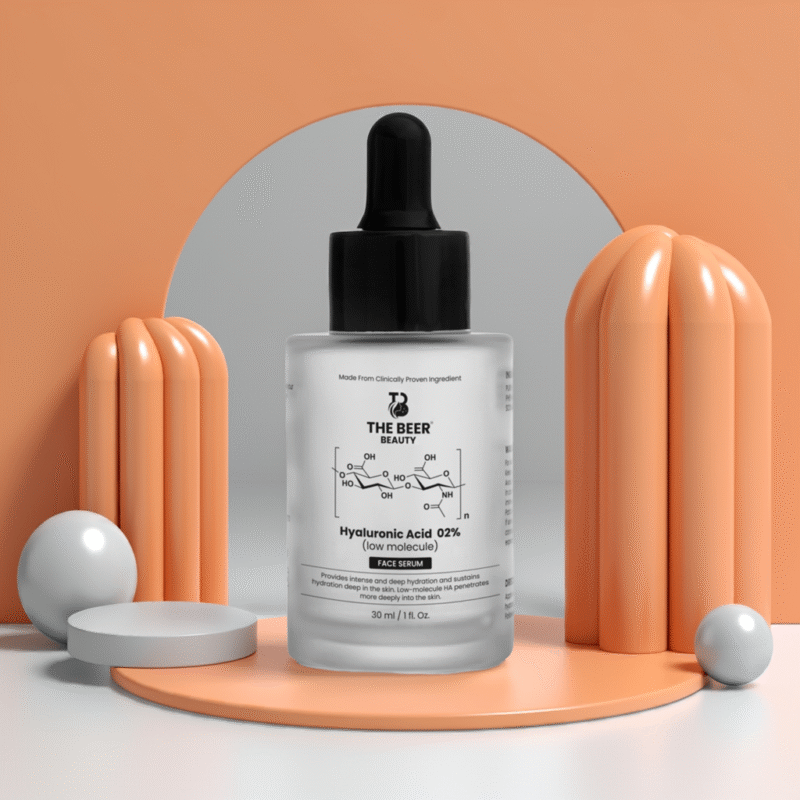DIY Tips: Using a Serum in Your Night Skincare Routine
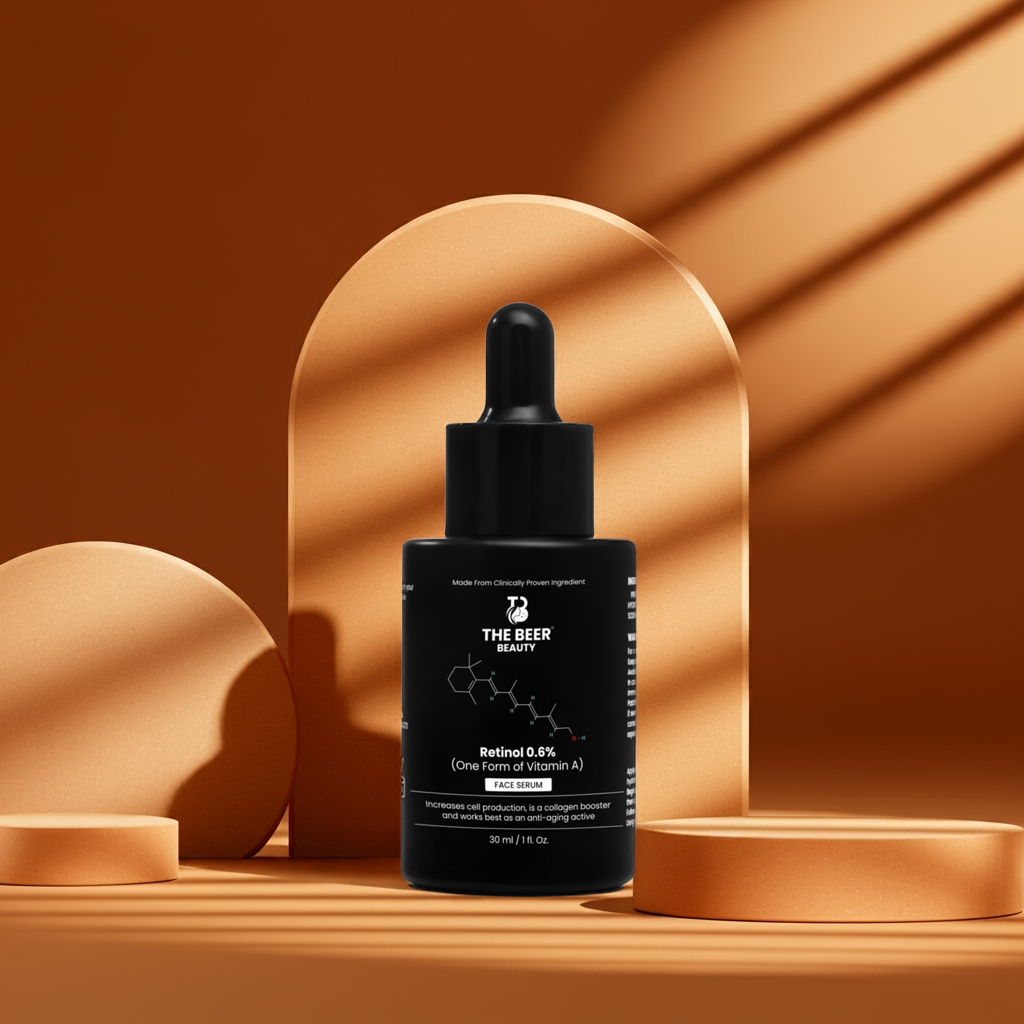
Unlock glowing, healthy skin while you sleep with these beginner-friendly, expert-backed tips
Why Nighttime is Your Skin’s Golden Hour
We all know sleep is vital for overall health, but did you know your skin actually works hardest at night? Between 10 PM and 2 AM, your skin enters its peak regeneration phase. This is when skin cells repair UV damage, reduce inflammation, produce new cells, and rebuild collagen—the essential protein that keeps skin firm and youthful.
During this window, your skin barrier becomes more permeable, making it the perfect time to apply active ingredients that need deeper absorption. Serums, with their concentrated formulas and lightweight textures, excel in delivering these ingredients efficiently.
What Makes Night Skincare Different?
Daytime skincare focuses mainly on protection—shielding your skin from harmful UV rays, pollution, and dirt. Nighttime, however, is about repair and rejuvenation. Applying the right serum at night means you’re working at a cellular level to:
- Fade stubborn pigmentation and dark spots
- Repair and strengthen your skin barrier
- Reverse early signs of aging like fine lines and wrinkles
- Calm inflammation and active breakouts
- Prepare your skin to face the day ahead with resilience and glow
Serums are the perfect nighttime companions because of their high concentration of active ingredients and their ability to penetrate deep without the heaviness of creams.
What is a Serum and Why Should You Use One at Night?
A serum is a lightweight skincare product formulated with potent active ingredients such as Retinol, Niacinamide, or Hyaluronic Acid. These ingredients are designed to target specific skin concerns like acne scars, pigmentation, dehydration, or aging.
Unlike thick moisturizers, serums absorb quickly and deeply, working effectively during your skin’s natural repair cycle. When combined with a proper nighttime routine, serums can transform your skin’s texture, tone, and overall health.
The Top Nighttime Serums and Their Benefits
Here’s a breakdown of the three most popular and effective night serums, what they do, and who they’re best for.
1. Retinol 0.6% Face Serum
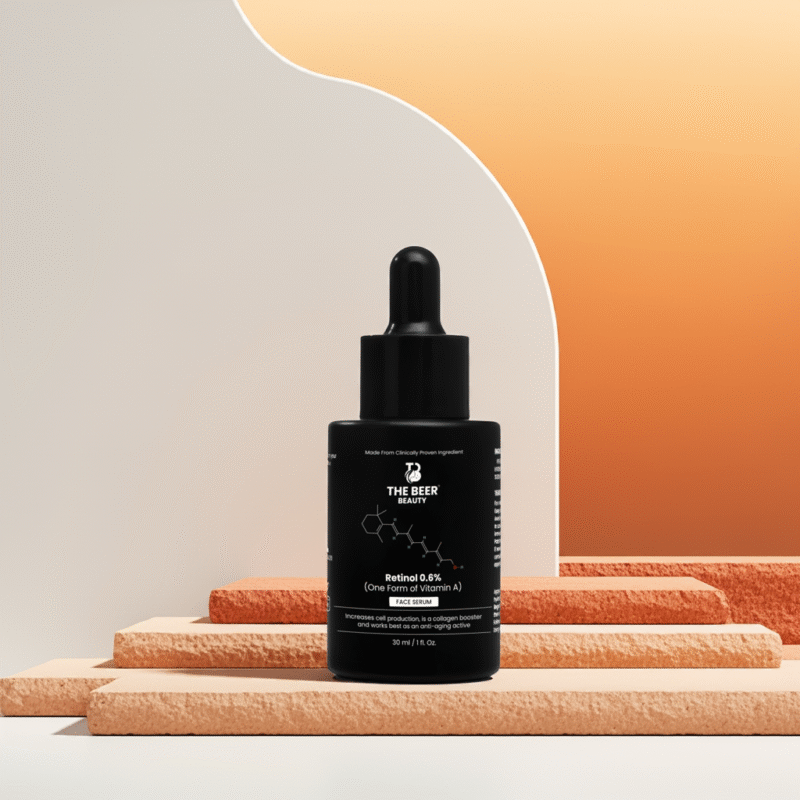
Best For: Acne-prone, textured skin, and those in their late 20s+ concerned with early aging signs.
Use: 2-3 times per week at night only.
Retinol is a derivative of Vitamin A and one of the most researched skincare ingredients worldwide. It works by increasing cell turnover, helping your skin shed dead, pigmented cells and promoting the growth of fresh, healthy ones.
Benefits of Retinol:
- Fades acne scars and sun damage
- Smooths texture and evens skin tone
- Stimulates collagen production, reducing fine lines
- Decongests pores and reduces acne breakouts
Pro Tips: Start with a low concentration like 0.6%, use sparingly twice a week, and always apply a moisturizer afterward to prevent dryness or irritation. Avoid direct sun exposure while using Retinol and use sunscreen during the day.
2. Niacinamide 10% Face Serum
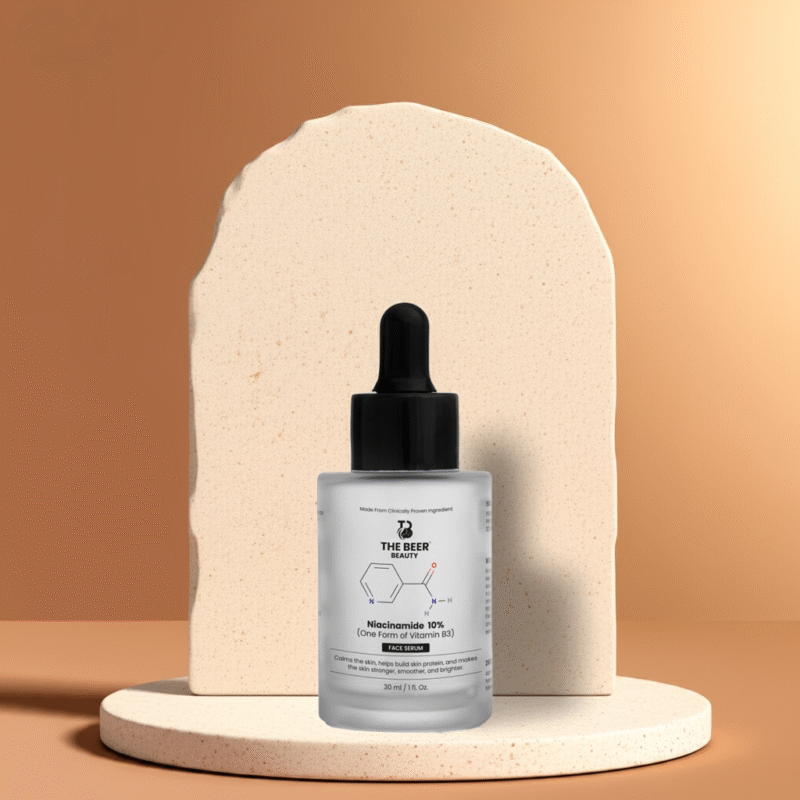
Best For: All skin types, especially acne-prone, sensitive, or oily skin.
Use: Daily, morning or night.
Niacinamide (Vitamin B3) is a gentle, multitasking ingredient that balances oil production, strengthens the skin barrier, and brightens skin tone. It’s an excellent choice for both beginners and advanced skincare users.
Benefits of Niacinamide:
- Reduces post-inflammatory hyperpigmentation (dark spots from acne or irritation)
- Controls oiliness, especially in the T-zone
- Strengthens skin barrier, reducing sensitivity and breakouts
- Brightens dull, tired skin for a more radiant look
Pro Tips: Can be layered with Hyaluronic Acid or used alone after cleansing. Niacinamide is safe to use daily and doesn’t increase sun sensitivity.
3. Hyaluronic Acid 2% Face Serum
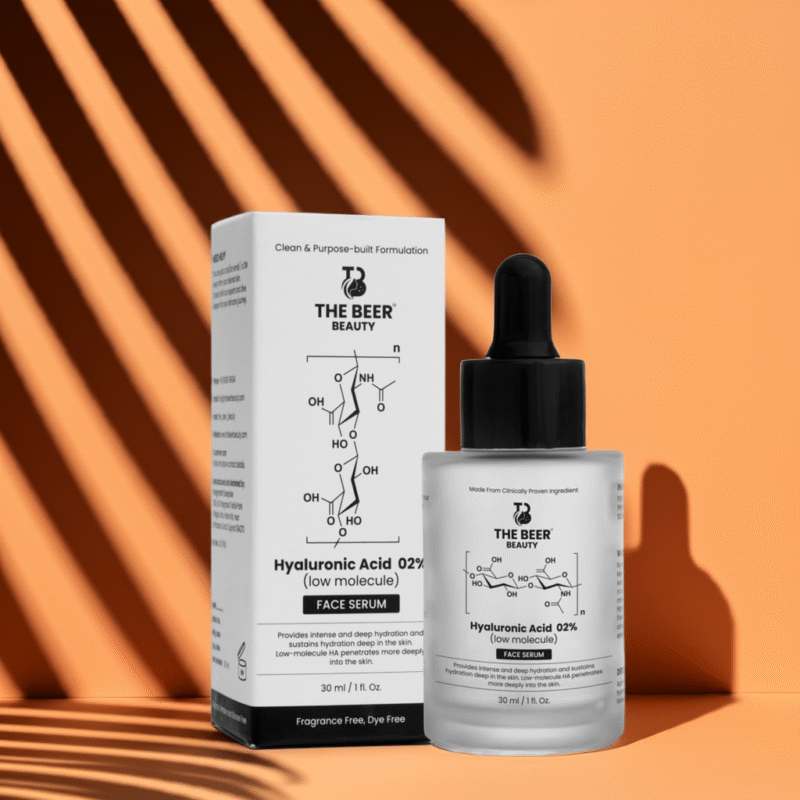
Best For: Dry, dehydrated, or combination skin types.
Use: Daily, both morning and night.
Hyaluronic Acid is a hydration powerhouse, capable of holding up to 1000 times its weight in water. It penetrates skin layers to deliver intense moisture, smoothing fine lines caused by dryness and improving skin’s plumpness and softness.
Benefits of Hyaluronic Acid:
- Deeply hydrates and replenishes moisture
- Smooths texture and reduces flakiness
- Enhances absorption of other serums and moisturizers
- Boosts skin’s natural radiance and softness
Pro Tips: Apply on damp skin to maximize absorption and always follow with a moisturizer to seal hydration.
How to Build Your Ideal Night Serum Routine
A good night skincare routine isn’t about piling on every product. It’s about layering the right ones in the right order for maximum benefit.
Step 1: Double Cleanse
Start by removing sunscreen, makeup, and impurities with micellar water or cleansing balm. Follow with a gentle gel or cream cleanser to clean your skin thoroughly.
Step 2: Apply Hyaluronic Acid Serum (Optional but Recommended)
Put 2-3 drops of Hyaluronic Acid serum on slightly damp skin and allow it to absorb for 30 seconds. This primes your skin with hydration and helps the following treatments penetrate better.
Step 3: Apply Treatment Serum
Choose your treatment based on skin concerns:
- Use Retinol 2-3 times a week for anti-aging and acne scars.
- Use Niacinamide daily for pigmentation, redness, and oil control.
Apply gently, avoiding the eye and lip areas.
Step 4: Lock in with Moisturizer
Seal in all the goodness with a ceramide-rich moisturizer to support barrier recovery and hydration.
Step 5: Optional Sleeping Mask
Use a nourishing sleeping mask 1-2 times a week for extra hydration and morning glow.
Routine Variations by Skin Type
| Skin Type | Night Routine |
|---|---|
| Oily/Acne-Prone | Cleanser → Niacinamide → Gel Moisturizer |
| Dry/Flaky | Cleanser → Hyaluronic Acid → Ceramide Moisturizer |
| Textured/Dull | Cleanser → Hyaluronic Acid → Retinol → Moisturizer |
Important Serum Usage Tips and FAQs
Can I use Retinol and Niacinamide together?
They can be used in the same routine if your skin is well-acclimated. Beginners should alternate nights to avoid irritation.
Should I skip serums when tired?
No! Even 10 seconds of applying a serum like Niacinamide can make a big difference over time.
Are night serums safe for teens?
Hyaluronic Acid and Niacinamide are safe for teens. Retinol is best reserved for 21+ or with dermatologist supervision.
When will I see results?
Visible improvements usually appear within 3-6 weeks of consistent use.
Bonus: Building Your Night Serum Kit
Here’s a simple DIY night serum kit to cover your bases:
- Retinol 0.6% Serum for cell renewal and anti-aging
- Niacinamide 10% Serum for brightening and oil control
- Hyaluronic Acid 2% Serum for deep hydration and glow
Using these together intelligently and consistently will give your skin the glow and health boost it deserves.
Final Thoughts
Nighttime skincare isn’t just a routine—it’s an investment in your skin’s future health and beauty. Serums, with their concentrated formulas, are essential players in this process, delivering powerful actives right when your skin needs them most. Whether you’re fighting acne scars, dryness, pigmentation, or early signs of aging, the right serum and routine can unlock visible, lasting results.
So don’t skip the serum step—your skin will thank you by waking up refreshed, radiant, and ready to face the day.




